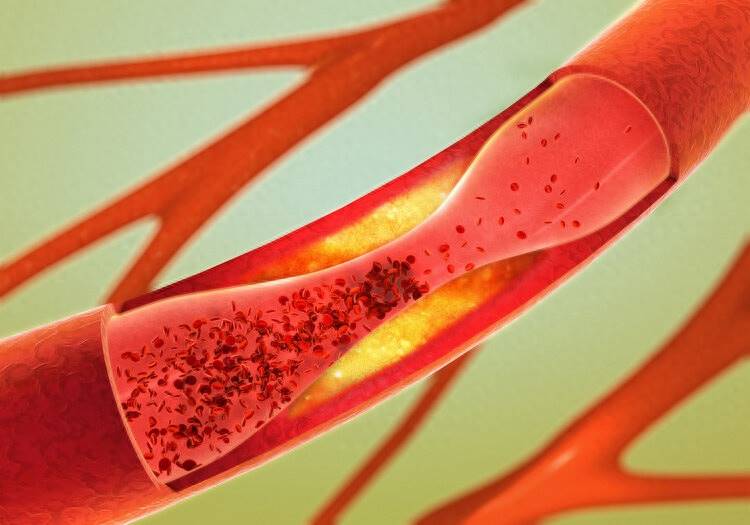
Title: The Importance of Folic Acid for Cardiovascular Health 1. Increasing Incidence of Stroke in China: Is it Due to Folic Acid Deficiency? According to the World Health Organization, China has one of the highest rates of stroke worldwide, with approximately 5.51 million cases each year. Folic acid deficiency has been suggested as a possible factor contributing to the increasing incidence. However, not all hypertensive patients benefit from folic acid supplementation.

2. Four Benefits of Folic Acid for Middle-aged and Elderly Individuals: - Protecting Cardiovascular Health: Sufficient folic acid intake helps reduce the risk of heart disease by lowering homocysteine levels. Daily intake of 0.8mg of folic acid can decrease stroke risk by 21%. - Assisting in Cancer Prevention: Adequate folic acid intake has been linked to a reduced risk of esophageal and gastric cancers.
- Preventing Anemia: Folic acid plays a crucial role in red blood cell formation, preventing anemia. - Reducing the Risk of Dementia: Regular folic acid supplementation can decrease the risk of cognitive decline by 43% in middle-aged and elderly individuals.

3. Choosing the Right Folic Acid Product: Folic acid products are available at different price ranges, but the key difference lies in their category.
Low-cost options are pharmaceutical-grade folic acid, while expensive ones are categorized as dietary supplements.

Both types are safe and effective if sourced from reputable manufacturers. 4. Safety Considerations for Folic Acid Supplementation: - Controlling the Dosage: Overconsumption of folic acid can lead to health risks, such as an increased risk of asthma in fetuses.

For most individuals, a balanced diet providing folic acid from natural sources is sufficient. - Contraindications: Folic acid should not be taken concurrently with aluminum-containing medications as it may pose a threat to kidney health. Consultation with a healthcare professional is advised. Word Count: 154 words




















